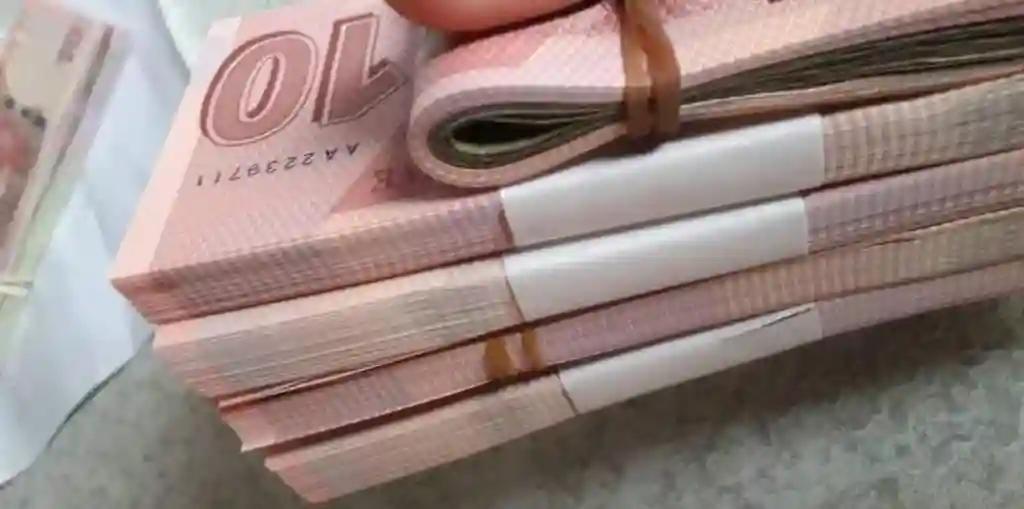Africa-Press – Zimbabwe. The Reserve Bank of Zimbabwe’s Financial Intelligence Unit (FIU) says it will soon reign in businesses that are engaging in speculative behaviour thereby destabilising the market.
Some businesses are reportedly charging exorbitant rates above the 10% margin of the official exchange rate to cushion themselves amid a mounting financial crisis.
This comes as the difference between the official exchange rate and the street rate has widened significantly, with the latter rising to between ZWL$13000: US$1 and ZWL$15000:US$1. Last week the official rate was approximately ZWL$8600:US$1.
Oliver Chiperesa, director general of FIU, told Business Times that businesses engaging in speculative behaviour will have their bank accounts frozen. He said:
Unfortunately, we now need to intervene again to arrest the indiscipline and speculative behaviour.
We now have to intensify our surveillance and enforcement activities which we had scaled back since December.
All businesses found on the wrong side of the law will have their accounts frozen and will be penalised in terms of the law.
Apart from errant retailers, we will be particularly targeting some manufacturers and wholesalers who are being reported to us by the public.
Manufacturers and wholesalers sitting on top of the supply and pricing value chain are often guilty of triggering and fueling forward exchange rate setting, forcing retailers to do the same.
We are aware of businesses and individuals who are always ready to take advantage of any slight movement in the rates to engage in forward exchange rate setting which is why you see some going as high as ZWL$13 000 and ZWL$15000.
The Zimbabwe dollar has never been stable since it was re-introduced through the back door as bond coins in 2016.
Zimbabweans prefer the more stable United States dollar (USD) and to a lesser extent the South African rand as both a medium of exchange and a store of value.
For More News And Analysis About Zimbabwe Follow Africa-Press






